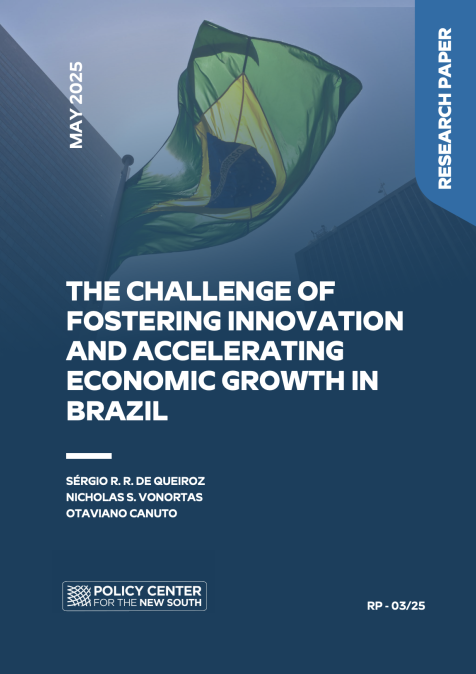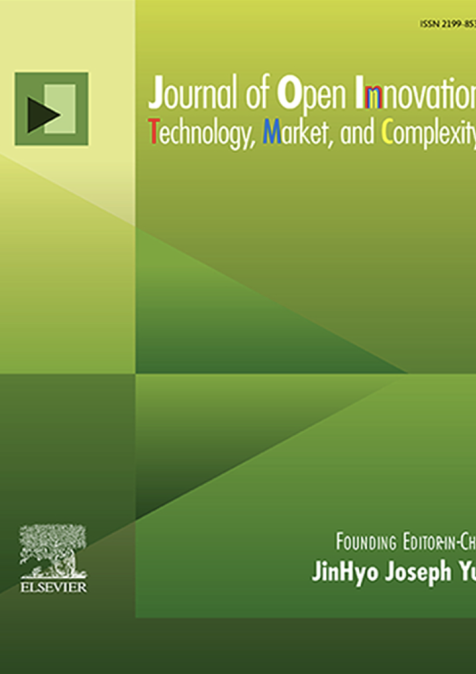Podcasts
The Financialization of Commodity Markets: A Short-lived Phenomenon?
19
March
2018
Related topics:
Dans ce briefing, Yves Jegourel, Senior Fellow à l’OCP Policy Cener, reviens sur les messages clés du rapport “The Financialization of Commodity markets: A Short-lived Phenomenon?” qu’il a également édité. Il y défini la financiarization des marchés de matières premières, et présente la dimension à la fois technique et stratégique de ce rapport.










